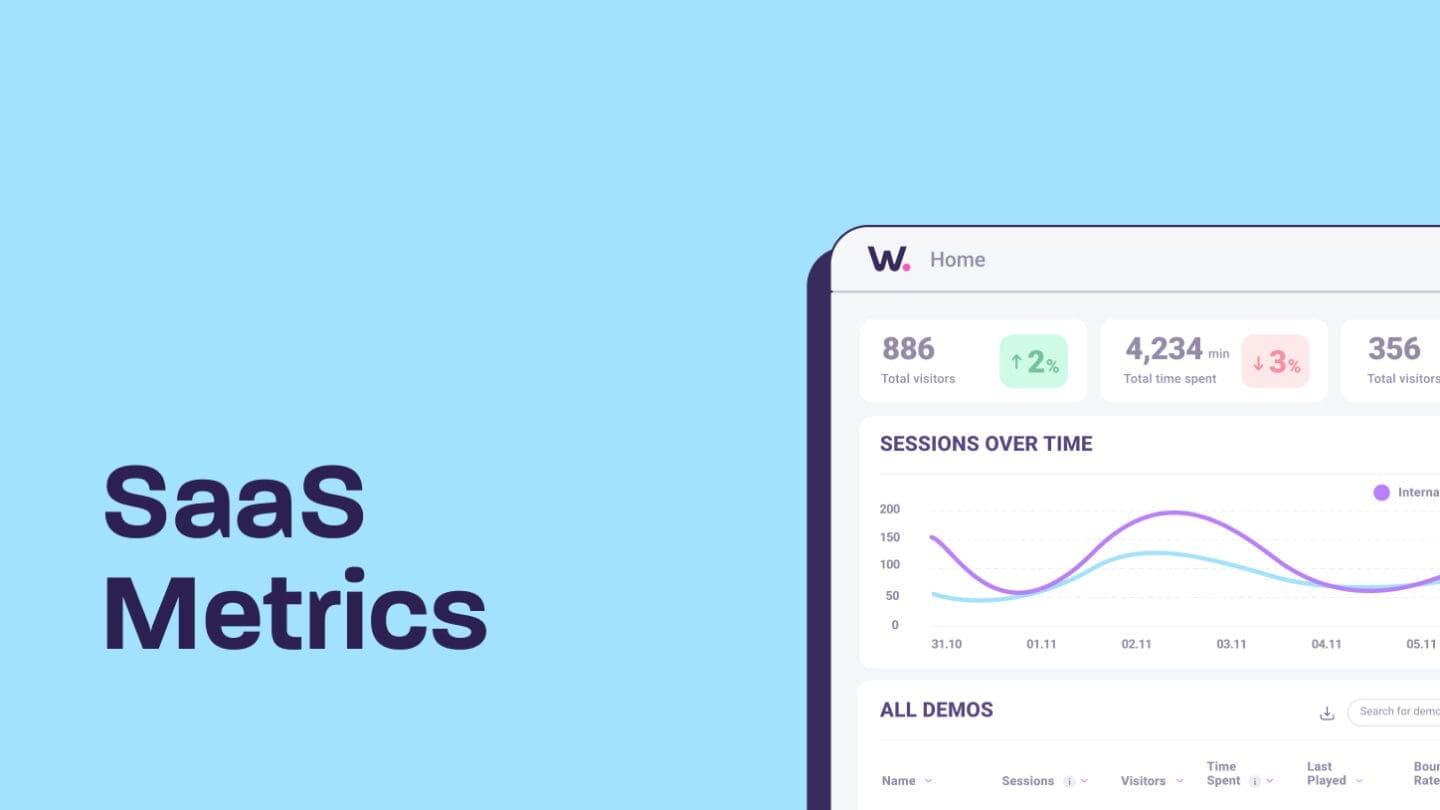Pump up that music and start shaking your bottom… er, the bottom of your sales funnel, of course.
As a SaaS company, you need to make the most out of your B2B sales funnel to increase your revenue and turn prospects into loyal customers. But while there’s a lot of content out there focusing on techniques you can use to fill the top of the funnel or the middle of the funnel, very few marketers concentrate on marketing activities at the bottom level.
But you won’t be like those people, ‘cause we’ve got you covered.
What is the bottom of the sales funnel?
From the moment you first make contact with your leads or prospects, they have entered your sales funnel.

But, before moving forward, let’s clarify the difference between marketing and sales: Marketing is about building awareness of your brand to prospects. Sales convert that viewership into a profitable outcome by converting prospect customers into paying ones.
A marketing funnel represents the journey a buyer goes on, from the moment they learn about your brand until they convert into customers. At the top of the funnel, prospects become aware of your product through marketing techniques like social media campaigns, advertising, and content marketing. As customers learn more about the product through more in-depth marketing techniques (like whitepapers, webinars, and case studies), they come closer and closer to conversion.
At the bottom of the funnel, customers are at the decision, or action, stage of their customer journey. By the time they arrive at this point in the sales process, they’re well aware of the product or service that you offer. Now all that’s left to do is for your sales reps to handle objections and seal the deal.
7 best lower-funnel marketing techniques for B2B SaaS sales
You’ve already likely invested a lot of money and time into prospects that have reached the bottom of the funnel. During this final stage, it’s essential to remove any remaining barriers that prevent them from signing on the bottom line and focus on how much your prospects stand to gain from completing this purchase.
Here are 7 of our favorite bottom-of-the-funnel tactics to get that deal closed.
1. Utilize product demos
Your product demo is probably the most powerful lower-funnel marketing technique you can deploy—especially if used correctly.
If you have a powerful interactive product demo software like Walnut, you can create personalized and interactive product demos in a matter of minutes. These can walk your customers through your product and allow them to see for themselves how it can provide them with value.
A good idea is to personalize each demo for your prospect by understanding their needs and their pain points. This helps build trust by showing the customers that you understand their needs and exactly where they are coming from, care about their business, and have the right tools to solve their headaches.
2. Use discounts and special offers
Everyone likes to save money. That’s why a limited-time or one-time special offer can incentivize prospects to sign and close right away. The added urgency to close the deal now helps give prospects that extra little push they need to commit.
Make your client feel as though the offer will never be repeated and provide a clear deadline. Some ways you can add urgency to your sales include sharing limited-time discounts on social media, via email campaigns, or by making a special landing page with a countdown clock so that customers feel pushed to commit.
Also, brush up on your sales negotiation skills so you can make sure both you and your prospect walk away from this deal happy with the outcome.
3. Schedule a time for Q&As
Communication is key. As you reach the end of the buyer journey, you need to make sure that any last obstacles or doubts are being swept away—and quickly. That’s why now is the time to find out if anything is holding them back or causing uncertainty about making a final purchase decision.
To make sure you’re aware of the issues that are delaying the closing, offer your prospects a Q&A session that focuses on the product or service your SaaS business is selling. Even a short conversation can make a huge difference between conversions and bounce rates.
Often, last-minute issues can be easily resolved and handled by sales reps. If the prospect is struggling with a specific element of your product, you can send them an interactive sales demo that walks them through their concerns.
4. Provide webinars
Scheduling a practical webinar that demonstrates how your product solves specific industry pain points and invites prospects to attend is another effective marketing lower funnel technique.
Use your customized software demos and case studies to showcase your solution in action and end the session with an opportunity to ask questions. Or, offer a discount or other incentive to webinar attendees that sign up on the day so that you can close the leads while they are hot.
5. Use case studies
Social influence is a powerful motivator. When a lower-funnel prospect hears that another customer had an extremely positive experience with your company, it may make up their mind. Ensure that you regularly include customer testimonials on your landing pages, compile case studies for the media and web, and share video reviews if you have some available.
Case studies show customers that businesses with similar profiles, problems, and industries made tangible improvements to their organization using your product/solution. Case studies usually include convincing numbers that will appeal to customers, who realize the possible savings or benefits they might achieve if they adopt your solution.
6. Offer a free trial
Adopting new technology or switching vendors is a significant investment for most companies; a free trial gives them the option of trying the product/solution without committing to a long-term contract or switching over permanently.
Benefits of free trials
Free trials are common in the SaaS industry because they allow customers to gain the following:
- Hands-on experience with your product
- Time to explore the product’s benefits to reduce any uncertainties the company may have about converting
- Actionable feedback
- Ways to lower customer acquisition costs
Negatives of free trials
Even though free trials have many positives, they can backfire if the customer signs up for the free trial and either doesn’t use the product or doesn’t understand how to use it properly.
For example, if you do give customers free access to your product for a limited time as a trial, make sure that you have the right onboarding procedures in place. You can use a customer onboarding demo tool like Walnut to create product walkthroughs and interactive tutorials that customers can refer to after signing up for the free trial.
7. Focus on sales enablement
The bottom of the funnel is where sales and marketing teams work more closely together. This is the stage where the marketing team’s main role is to give salespeople marketing collateral they can use to sell your company’s products or services.
To optimize this process, you may need to provide your teams with some sales enablement tools and create a clear sales enablement strategy.
Communicating and engaging with leads at the bottom of the funnel means consumers are past the stage where they can find information independently. Instead, sales team members should deliver content about your brand and products or services. This is usually done via email, newsletters, or sales demos that walk customers through various sales materials before selling the final product.
Don’t get desperate
At the bottom of the funnel, your customers are almost ready to close. You’ve already invested a significant amount of time and money in these customers, so you really want to make sure that you don’t lose these leads during the final stage.
At the same time, it’s important that you don’t get too desperate. Not every product is right for every customer, so if your prospects’ needs are out of the scope of what your company can provide, don’t be afraid to just tell them. While you want to close deals and meet your quota, you also want to make sure that the customers will appreciate your product and that they won’t add to your sales churn.
If you need help getting your prospects through the finish line, Walnut can help. Using Walnut’s interactive, no-code demo software, you can easily create engaging software demos and useful walkthroughs to enrich your sales pitches, email marketing campaigns, or onboarding processes.
So what are you waiting for? Push the “Get Started” button at the top of your screen to start improving your sales funnel today.
Read more on SaaS sales funnel articles:



